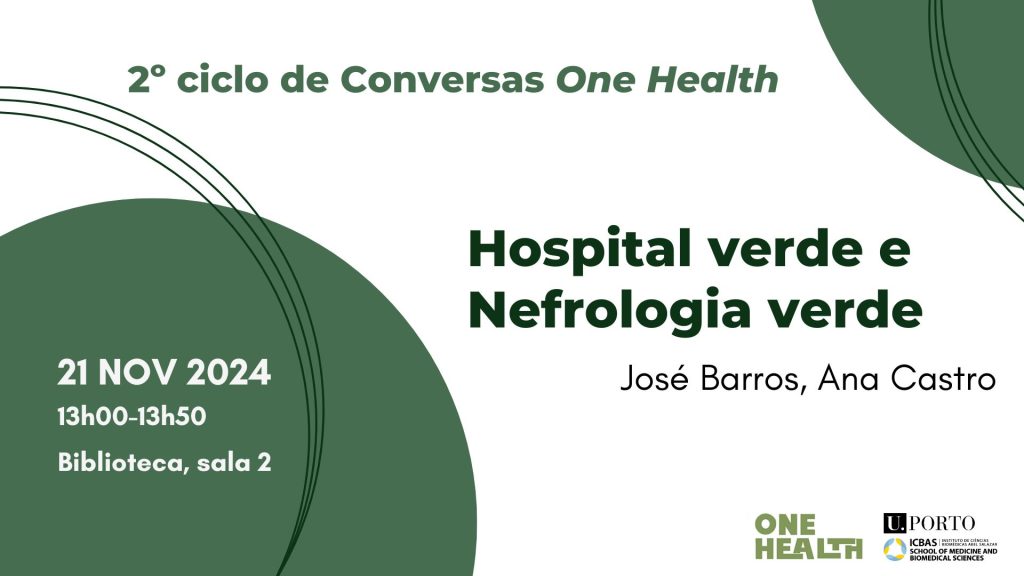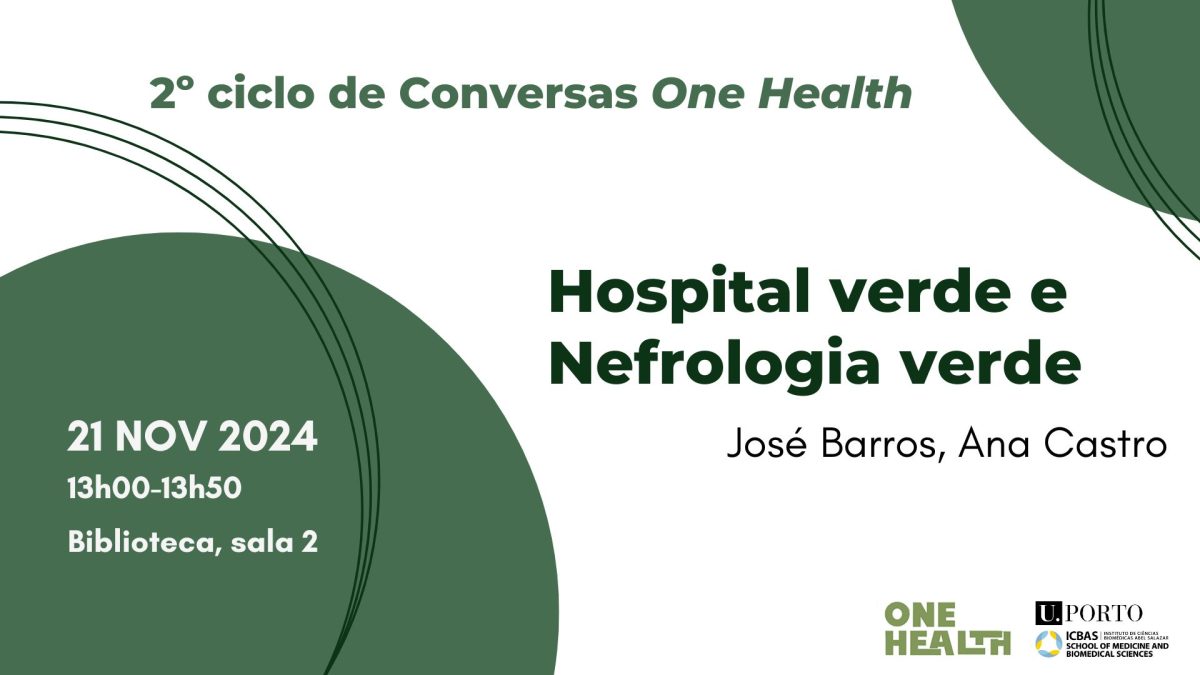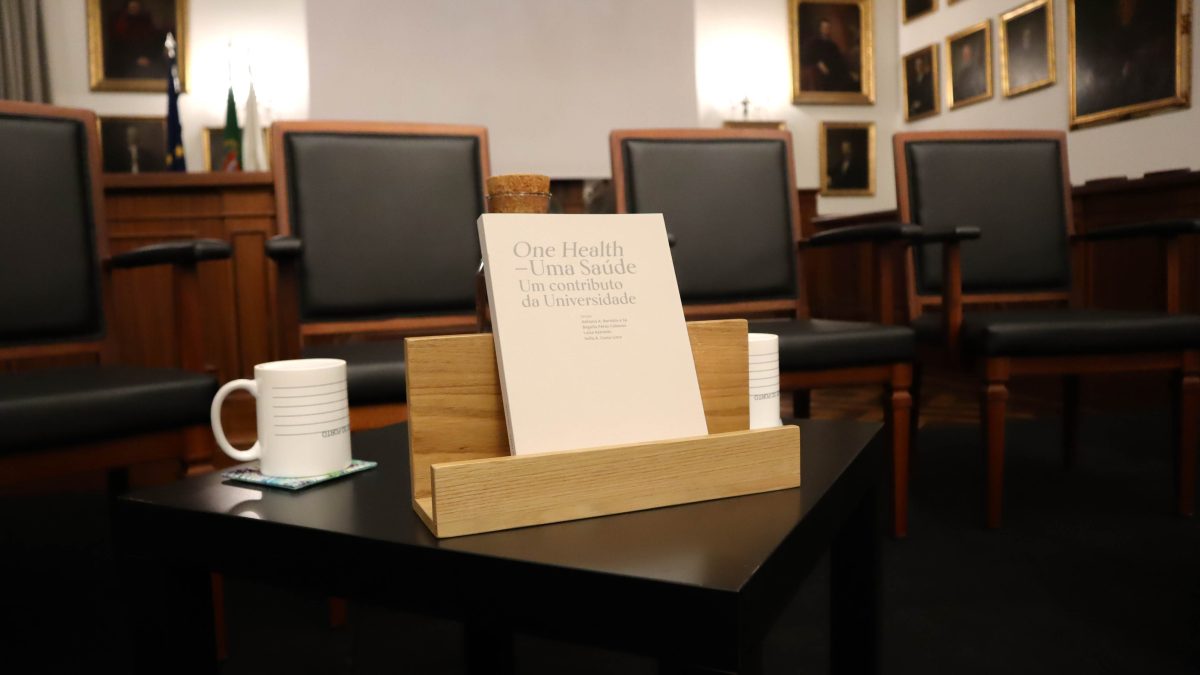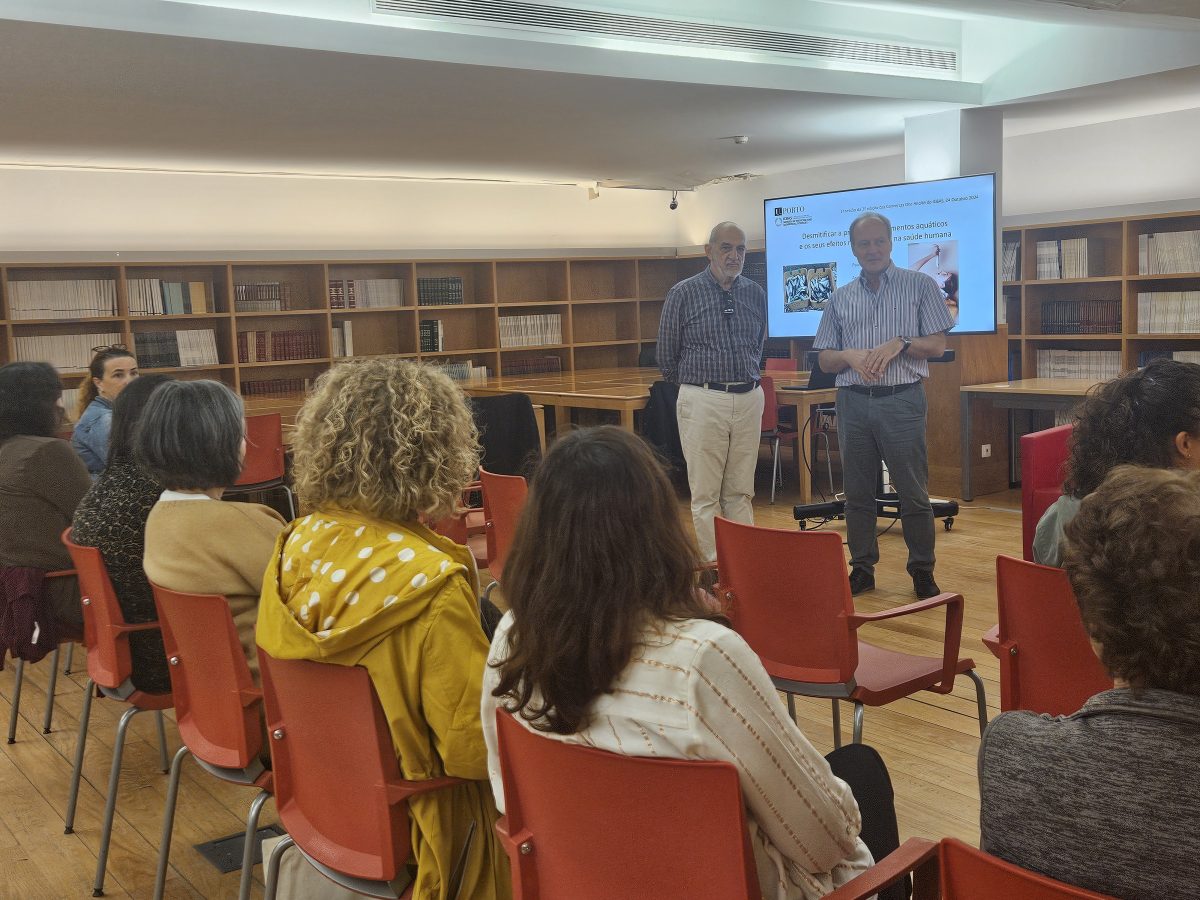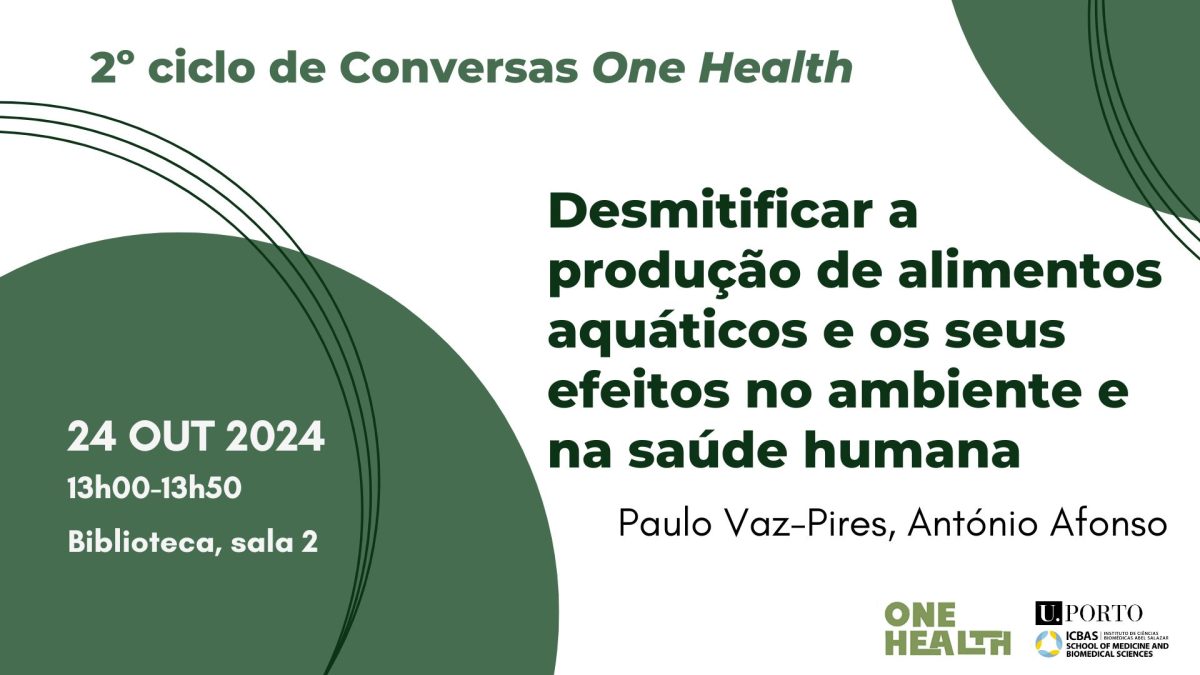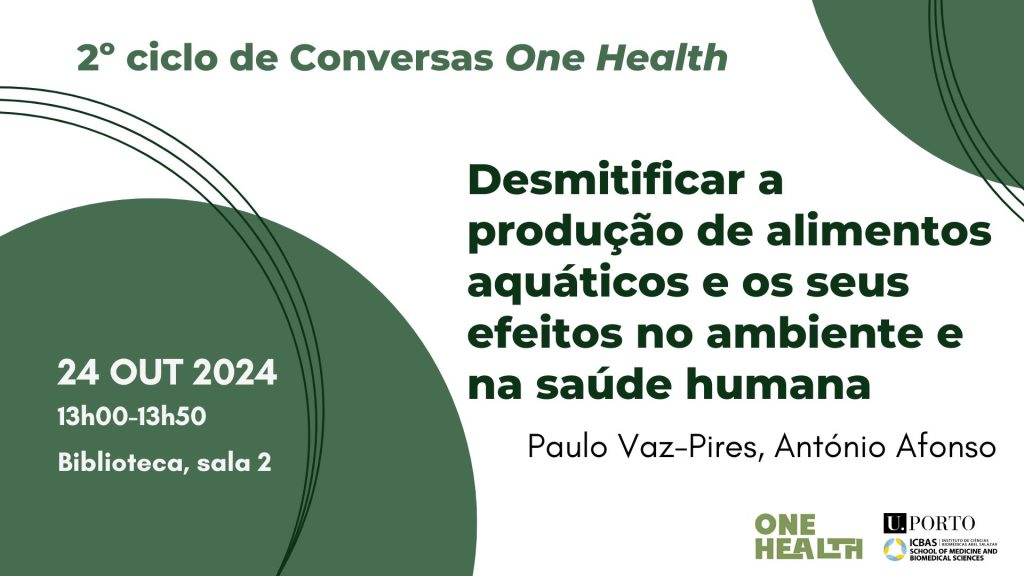By Paulo Vaz-Pires and António Afonso | ICBAS
PORTO—Aquatic foods are obtained through fishing, a traditional activity, and aquaculture, a fairly recent intensive production activity. According to WHO, FAO, and nutritional recommendations, they are considered essential in a balanced diet.
Fishing provides around 50 percent of the world's aquatic food, and aquaculture is another 50 percent. The increase in the world's population and difficulties in fishing make aquaculture increasingly indispensable.
Aquatic foods are associated with various myths. ‘Farmed fish is less tasty and healthy than fish from fisheries', and 'aquaculture is environmentally harmful' are common. In fact, farmed fish have excellent nutritional quality, and quality and safety are ensured by modern and efficient systems.
The benefits demonstrated are those related to cardiovascular diseases, diabetes, and arthritis. In the area of cancer, there are promising results.
Human interests are very strong and continue to prevent us from achieving adequate sustainability in the aquatic environment, while real solutions are still being pushed into the future, which could be seriously and irreparably affected.
In short, we should consume fish regularly, both from fisheries, selecting less endangered species, and from aquaculture, opting for local and national production. Searching for, selecting, and studying reliable information is the only way to dispel the many myths associated with this type of product.
Image – Paulo Vaz-Pires and António Afonso at the ‘One Health Talk’ held at ICBAS on October 24, 2024. Credits: Sofia A. Costa Lima.
